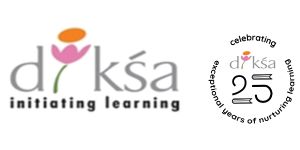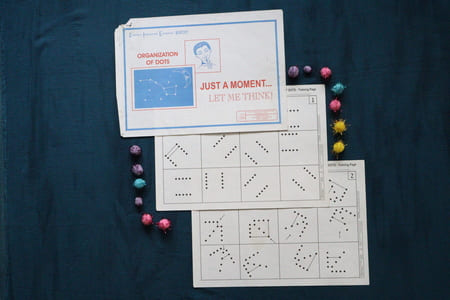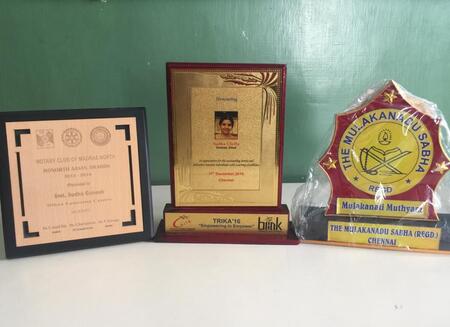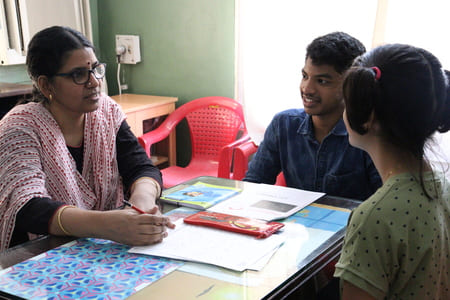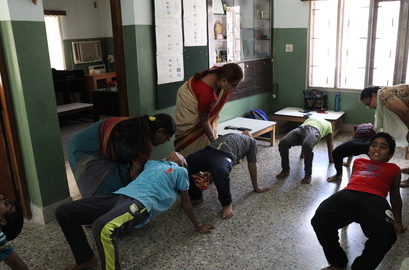In this two part series, in the first part I discuss the importance of teaching thinking.
In the second part, I elaborate on the Thinking Skills program called the Instrumental Enrichment (IE) Program(developed by Prof. Feuerstein of the ICELP, Jreusalem) which I have been teaching for over two decades.
It happened on a Thursday evening, nearly ten years ago. Varun’s thinking skills class had just concluded.
His mother who was waiting wanted to have a word with me.
I gave Varun a jigsaw puzzle to keep him busy and called his mother. After prolonged hesitation and discomfort, Varun’s mother finally came to the point. She was very concerned that exams were fast approaching and whether I could spend more class time on teaching some study skills rather than spending so much class time on teaching thinking skills, especially since his marks were inconsistent. The school was complaining a lot and threatening to detain him. Her anxiety was understandable.
Varun was around 12 years at that time, studying in class VII in a main stream school. His exam performances were inconsistent. Sometimes he would score up to 80% and sometimes he would score single digit marks. Varun’s school refused to understand his issues of attention and learning though both his parents were extremely cooperative and willing to do anything within their means.
Varun had challenges in the areas of reading, spelling, written expression and math. His biggest challenge was his attention span. The remedial program at diksa took care of all these issues and it had a positive impact on his academic performance.
So, what was this thing called thinking skills that was an integral part of our remedial program? Why did we spend time on this? How is thinking related to academic performance?
Today in schools, we have subjects like Science, English, Social Studies and so on. We have always felt that it is important to impart factual knowledge and therefore rely on structured syllabus for teaching subjects.
It was assumed that somehow children would automatically develop the skills of reasoning, planning, problem solving, decision making and so on through this subject knowledge. Thinking is rarely considered content in itself.
I listened patiently to Varun’s mother and tried to explain the importance of teaching thinking. Here is the gist of what I shared.
Thinking is a prerequisite for learning. In other words, it is like teaching someone fishing instead of giving them a fish every day.It is the foundation on which content should rest. In today’s world, where so much of information is available at the tip of our fingers, what has to be taught is the ability to think rather than imparting or transferring content.
Only if the child is able to think can he or she learn to adapt or learn how to learn and this is a lifelong process. Throughout life we are challenged with new situations and only people who can think on their feet can rise up to these challenges effectively.
So what are the cognitive skills we are teaching?
Through a series of paper pencil activities (which might at first glance appear like fun activities), we are teaching skills like planning, communicating, systematic search, problem definition, hypothesizing, analyzing, synthesizing, problem solving, decision making, empathizing, comparing/categorizing, humour and so on. These skills once imparted and internalized by the child become available to the child to access as and when the situation demands.
For example, if a child who has gone through the IE program needs to prepare for a school project, he will first be able to define the goals, define the information that has to be gathered, break down the project into smaller tasks, rally his friends around the project, assess who will be good at what task and assign each one their tasks. He will also be able to keep track of time frames and then deliver output with clarity, staying empathetic to the expectations of others.
Once equipped with the cognitive skills, the child is able to pick from an array of skills and apply whichever is relevant to the context.The child is now able to function out of a cognitive awareness and this is what will make him an independent and mature individual.
When a person is operating with cognitive awareness, his attention span automatically improves. His memory improves, his ability to regulate and control his emotionality and impulsivity improves, he makes fewer mistakes and can self-correct and his ability to relate and communicate with other people also improves.
Teaching thinking skills is an integral part of the remedial program at diksa. It is taught as an exclusive subject in itself. In fact, whatever we teach at diksa, be it a math concept or a comprehension passage, we always bring the underlying cognitive skill to the awareness of the child –
What is the thinking I need to do?
There can be no learning without thinking is our firm belief.
Out of great respect for me and the fact that Varun was attached to me, his mother reluctantly gave in. Varun and I worked on several instruments of the IE program for almost two years along with study skills and other academic areas.
In course of time, Varun obtained an MBA from a reputed college and secured a job immediately. Today Varun is a Marketing Professional in the financial services industry. He has very good communication skills, is very organized and mature for his age.
He is well aware of his strengths and weaknesses and never hesitates to acknowledge his need to seek guidance and support. Varun never fails to wish me on Teacher’s day. But my biggest reward came on the day his mother called and thanked me for teaching him thinking skills. She saw great value in the IE program as she witnessed so many youngsters (many of them Varun’s friends) lost and confused and having several problems both professionally and personally, mainly because they lacked clarity in thinking.
More about the IE program in the second part of this article.
-Mrs. Sudha Ganesh Chella
